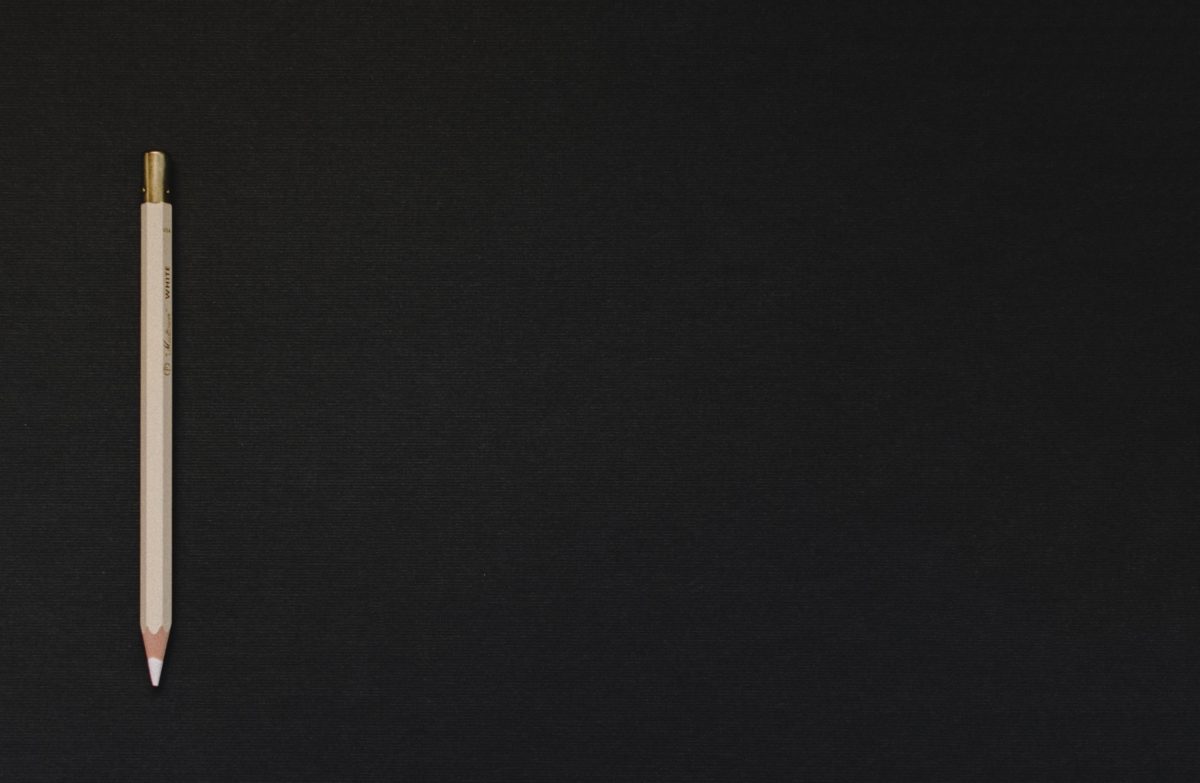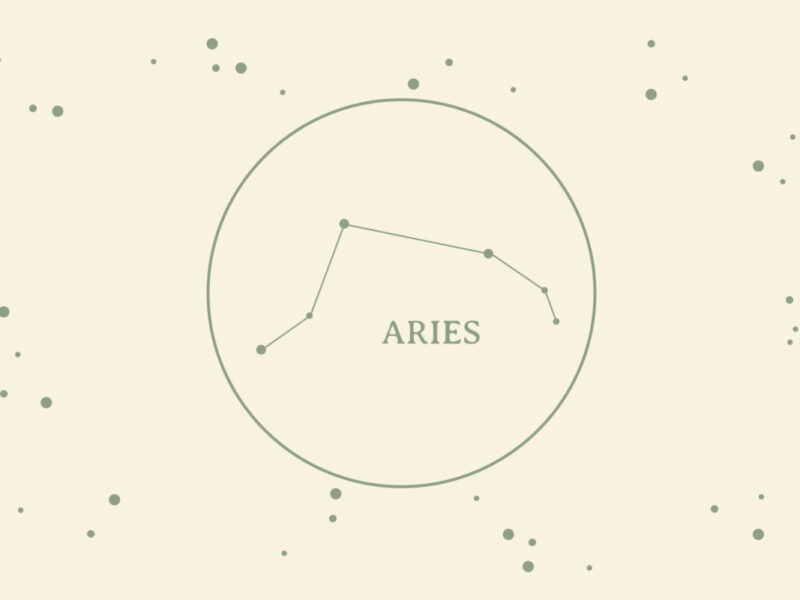With the rise of social media, we might feel as though we need to document our every move or broadcast our deepest thoughts. The internet has become a platform for self-expression, a space to showcase who we are, what we create, and how we seek to live out our lives. These are all good things. But what about those who aim to keep their lives somewhat private? Is there still a place for them in our transparent society?
There is certainly power in anonymity. Think of women in the 19th Century like Louisa May Alcott and the Bronte Sisters, who published under male pseudonyms so that their work would be legitimized. Remaining anonymous gave them the power to share their stories with the world and transformed them into works we now categorize as classic literature.
Thankfully, these gendered restrictions are no more. But some writers and poets still choose to keep their identities hidden. One of the main reasons is the freedom to be vulnerable. Writers can try new things and experiment without judgment. If no one knows who you are there isn’t pressure to stay the same or write a specific way. You can fail quietly and you can get better faster without judgemental eyes on you. Especially if you are writing about subject matters that are particular graphic, or difficult to write, this layer of anonymity can help you express yourself more freely.
Most writers want their work to be judged on its own—not in connection with them as a person. As readers, it’s hard not to make assumptions about the work when we know a lot about the writer. Even if their work proves the readers wrong, there is something to be said about diving into a poem without having context or knowing the background of the writer.
Like anything, there are some challenges to remaining anonymous. Branding is an important part of establishing who you are, especially on social media. Remaining anonymous might make it more difficult to brand yourself, but it’s not impossible. Think about the personality behind your pen name and allow it to inspire a genuine and trustworthy brand.
Remember—there is no right or wrong way to put your art and your poetry out into the world. Check out the three poets listed below who have attained great success despite keeping their identities hidden.
Atticus
With 1.2 million followers on Instagram, Atticus’s poetry is beloved by an audience of dedicated readers. With his signature concise style and romantic messages, his poetry widespread across the internet, even being shared by high-profile celebrities like Karlie Kloss, Shay Mitchell, and Kaitlyn Bristowe. His first published book of poetry, Love Her Wild, was released in July of 2017.
According to an interview with CBC, Atticus keeps his identity hidden in an effort to push himself toward “unwavering honesty and vulnerability in his writing.”
Wilder
With 425,000 followers on Instagram, Wilder is a force to be reckoned with. We know this poet identifies as female, but the only information about her on the internet is about her work. Author of the poetry collections, Nocturnal and Wild Is She, Wilder writes about healing and self-discovery, beauty and diversity. With dreamy prose, she writes of a spiritual connection to nature and often uses imagery of the moon, sun, stars, and skies in her work.
Michael Faudet
Being anonymous doesn’t always mean keeping your real name a secret. Michael Faudet, author of the international bestsellers, Dirty Pretty Things, Bitter Sweet Love, and Smoke & Mirrors and most recently, Winter of Summers, chooses not to have a picture of him on his work or on the internet. His work often explores vulnerable subject matters such as the intricacies of love, loss, relationships, and sex.




